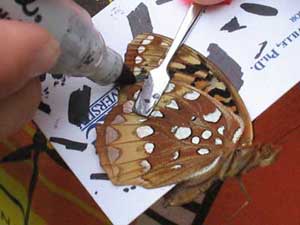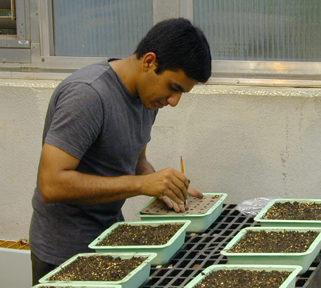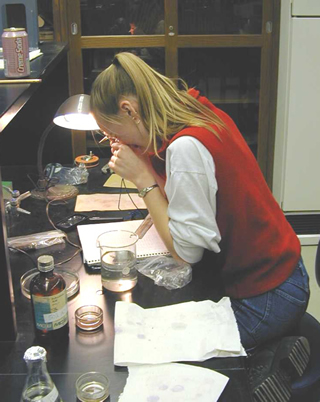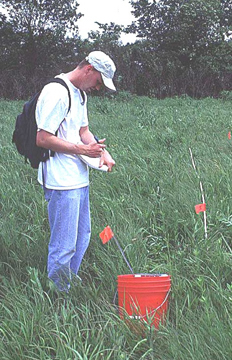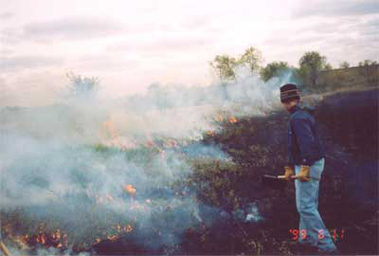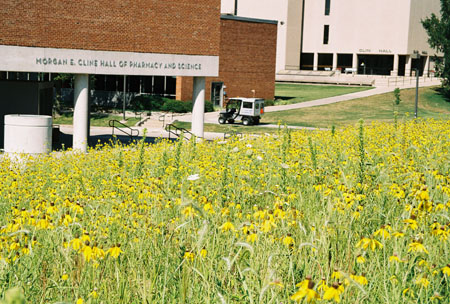Environmental Science and Policy Program
|
David Courard-Hauri |
|
|
|
|
|
Computer modeling of complex dynamic environmental/social systems is what unifies my research. Currently, I have two main themes that are driving my work. |
|
|
The first involves the question of how is well-being taken into account in modern economic thought. This is a critical question, because a significant amount of psychological evidence suggests that human well-being (or happiness) has not increased in the developed world during the same time as GDP was increasing many fold. If consumption doesn't lead to happiness, however, then that suggests that we are not nearly as good at increasing our utility through economic transactions as economists assume. Economists have assumed away this problem by defining utility as based upon what we choose, but this is unsatisfactory because it is not supported by psychological evidence. |
|
|
The question is important from an ecological perspective, because if we could find ways to decrease consumption while concurrently increasing human well-being, then we will be able to avoid the implied trade-off that has led to our current state. I am working with students to incorporate real psychological data into a dynamic model that allows us to ask questions about why we overconsume and whether there are things that can be done about it to improve human welfare. |
|
|
The second main area of research is field work that I am doing to get a sense of how butterflies move within various habitats. We have a number of rare and endangered butterflies in Iowa, and if we hope to protect them then we need to understand how they are using their habitat and how far they are likely to travel between habitats. This may seem unrelated to the economic work, but it turns out that many of the same mathematical tools apply in both cases, and it is good sometimes to get away from the computer! |
|
|
|
|
|
Thomas Rosburg |
|
|
What do you see when you look out over a natural landscape? I see beauty, wonder and mystery in the form of many questions, but that's because I'm a plant ecologist. Plant ecology is the study of how the environment affects plants -- their growth, their reproduction and seed dispersal, and their evolution. My approach to studying plant ecology is multi-leveled, meaning I am interested in questions in ecopshysiology (e.g., photosynthetic rates of plants in different environments), population-level features, community composition and structure, ecosystem relationships, and landscape patterns. |
|
|
|
|
|
Saad Arif studying competition between a native prairie grass and an exotic grass |
|
|
|
|
|
Holly Karnitz conducting a dendrochronology (tree-ring) study of ecotones in the Loess Hills |
|
|
|
|
|
Chris Waddell investigating the species composition at Doolittle Prairie |
|
|
|
|
|
Keith Summerville |
|
|
My research broadly focuses on building ecological theory that will: (1) explain local and regional species diversity patterns in insects and (2) assist land managers in preparing and implementing conservation plans for native faunas. One of my lifetime goals for my research is to bridge the disciplines of theoretical and applied ecology to educate scientists and non-scientists alike about the processes that regulate species diversity and community structure in Tallgrass prairies and eastern deciduous forests. |
|
|
|
|
|
|
|
|
A planted prairie in 2004 is blooming on Drake's campus! |
|
